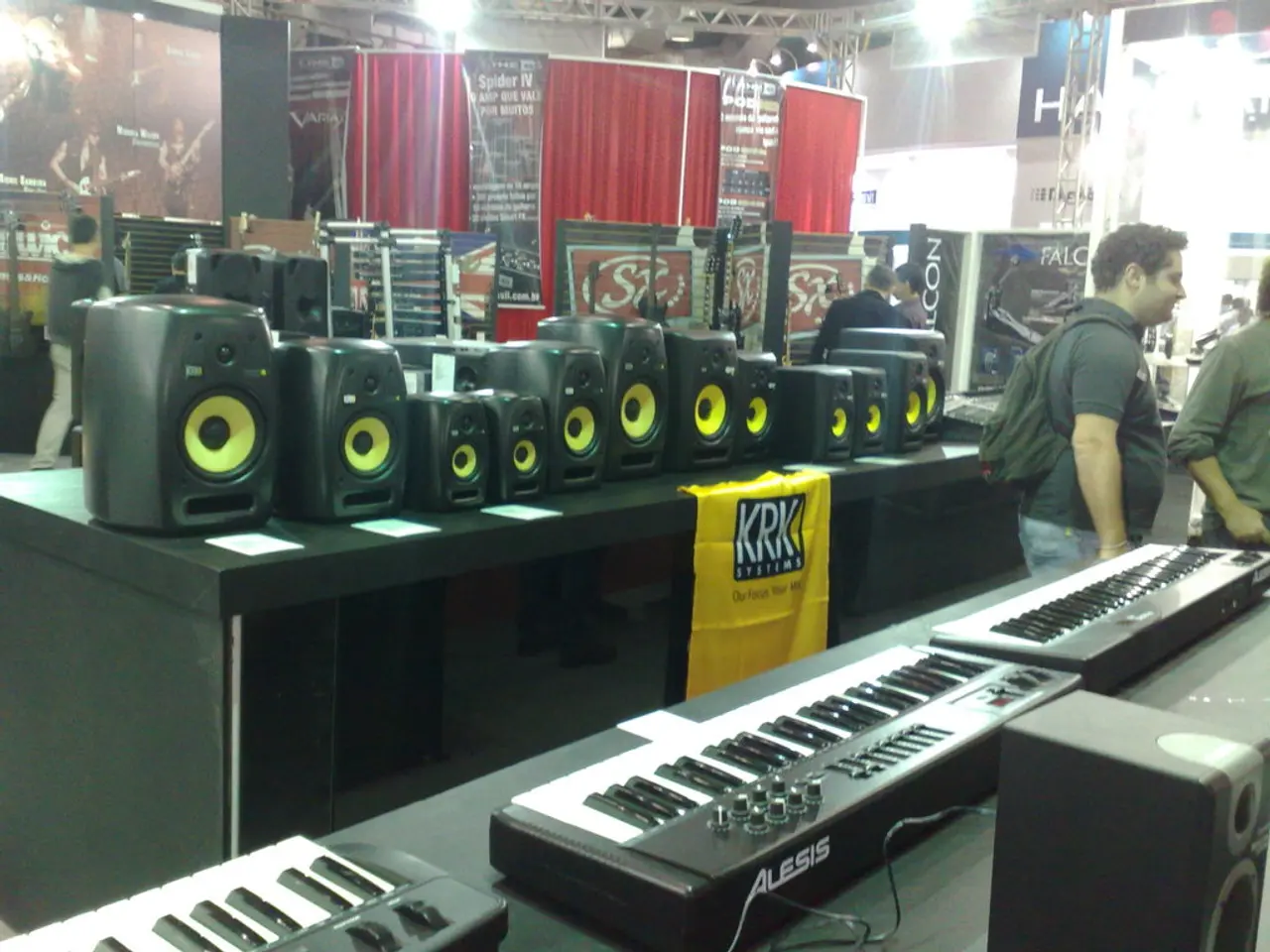Information about Gaming Licenses and Regulations in Malta for the Year 2024
Malta: A Leading Hub for the Online Gambling Industry
Malta's reputation as a hub for online gambling is well-earned, thanks to its early and well-established regulatory framework, favourable tax environment, and robust technological infrastructure.
The Malta Gaming Authority (MGA), established in 2004, is the primary gaming authority in Malta, overseeing both land-based and remote gaming. The MGA provides transparent, balanced regulations that foster business growth and player protection, making the MGA license a globally recognised hallmark of credibility and trustworthiness in the iGaming market.
One of the key advantages of operating in Malta is the country's competitive corporate tax rates. Effective rates can be as low as 5% for foreign companies, including gambling businesses, significantly reducing operating costs compared to countries with heavier tax burdens.
Holding an MGA license also grants operators easier access to important European markets, as many countries accept or recognise the licensing from Malta, enabling broader customer reach within the EU.
Malta's advanced telecommunications, reliable data centres, and strategic geographic location in the Mediterranean offer excellent connectivity to Europe, North Africa, and beyond. This infrastructure supports smooth and secure online operations.
Malta has also embraced crypto-friendly regulations and blockchain technology, making it a pioneer in online crypto gambling. This proactive governmental and regulatory approach attracts crypto casinos and supports innovation within the sector.
The gaming sector contributes significantly to Malta’s GDP, supported by ongoing regulatory refinement, fiscal incentives, and initiatives focused on player protection and anti-money laundering efforts. This sustained growth and governance maintain Malta's leading position despite growing international competition.
All companies that wish to legally provide gaming services in Malta need to obtain a gaming license, as prescribed by the Gaming Act. The application process covers fitness and properness checks, technical areas, administrative areas, and regulatory compatibility.
Licensees must verify the identity of customers before allowing them to gamble, providing information such as name, address, and date of birth. Appointing a Money Laundering Reporting Officer (MLRO) is a regulatory requirement. Companies licensed in Malta are also obligated to establish Anti-Money Laundering (AML) procedures.
Submitting suspicious activity reports and records to the MGA is mandatory. Staff training, risk assessment, screening for sanctions lists, PEPs lists, transaction monitoring, ongoing monitoring of customer behavior, recordkeeping, and reporting suspicious activity are also regulatory requirements.
The MGA can monitor the company, suspend or revoke the license, and impose penalties during this period. Breaches can result in penalties ranging from 10,000 to 500,000 euros and can result in up to five years of imprisonment.
The Malta gaming licenses are valid for 10 years and can be renewed if the company continues to comply with regulations. Malta's population participates in gambling activities at a rate of 56%. The MGA also provides a "Recognition Notice" to licensed entities from other EU/EEA Member States to carry on gaming services in Malta.
In conclusion, Malta's reputation as a hub for online gambling is well-deserved, offering a favourable business environment for operators looking to establish themselves in the iGaming industry. The country's commitment to regulation, innovation, and player protection continues to attract businesses worldwide.
[1] Malta Gaming Authority. (n.d.). Licensing. Retrieved from https://www.mga.org.mt/licensees/
[2] Malta Gaming Authority. (n.d.). Crypto-friendly regulations. Retrieved from https://www.mga.org.mt/media/news/2018/aug/17/crypto-friendly-regulations/
[3] Economia.mt. (2020). Gaming sector contributes significantly to Malta’s GDP. Retrieved from https://www.economia.mt/en/News/Gaming-sector-contributes-significantly-to-Malta-s-GDP
[4] Malta Gaming Authority. (n.d.). Recognition Notice. Retrieved from https://www.mga.org.mt/licensees/remote-gaming/licence-types/recognition-notice/
- Malta's iGaming industry, including casino-and-gambling, casino-games, lotteries, and sports-betting, thrives due to its early regulatory framework, competitive corporate tax rates, and robust technological infrastructure.
- The Malta Gaming Authority (MGA), established in 2004, provides transparent, balanced regulations that promote business growth and player protection, making the MGA license a globally recognised hallmark of credibility in the iGaming market.
- Notably, Malta has embraced crypto-friendly regulations and blockchain technology, attracting crypto casinos and fostering innovation within the sector.
- To operate legally, all companies need to obtain a gaming license, undergo fitness and properness checks, establish Anti-Money Laundering (AML) procedures, and comply with regulations to maintain their license for 10 years or more.




